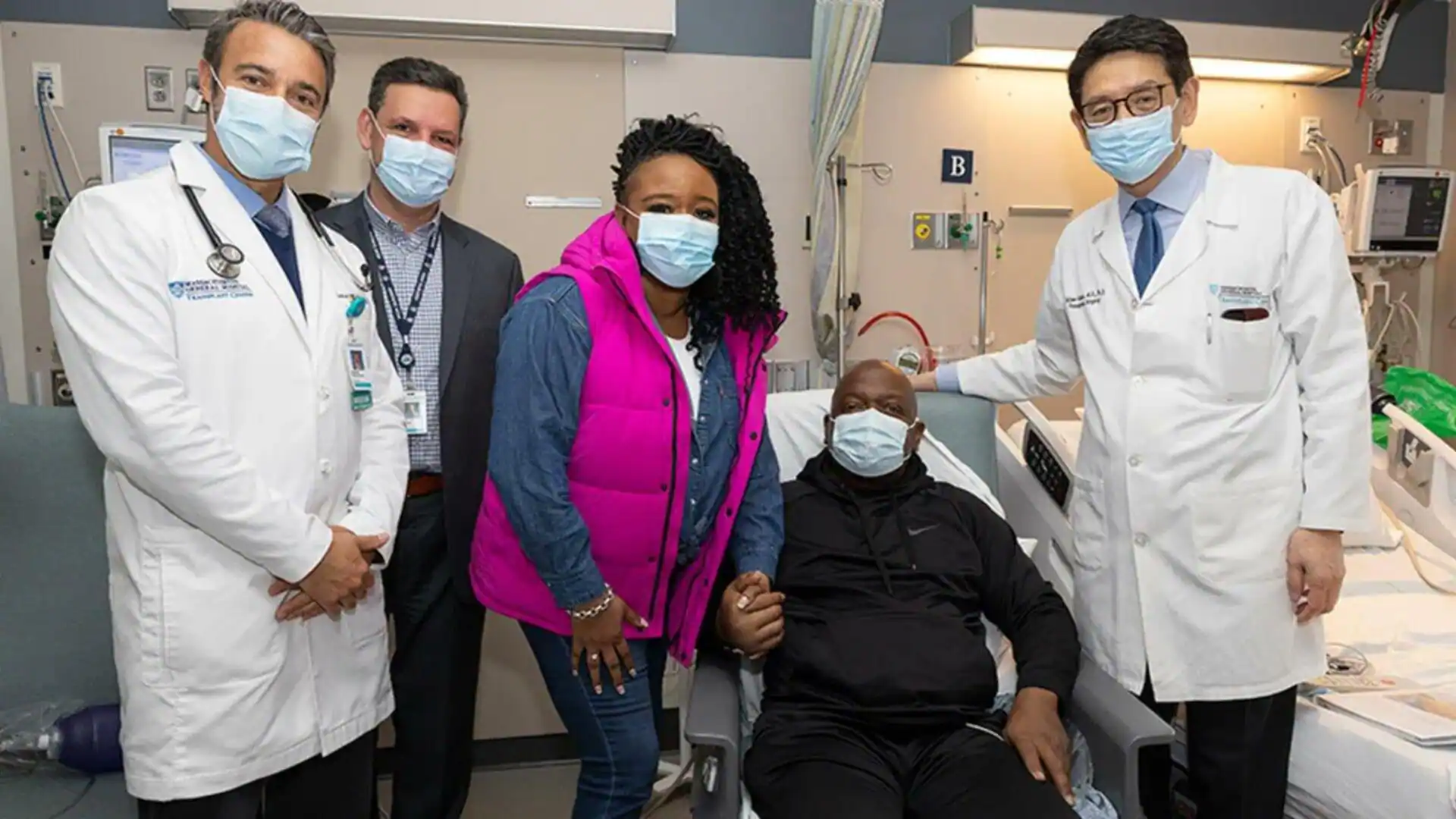Richard “Rick” Slayman, the inaugural recipient of a genetically modified pig kidney transplant, passed away almost two months after undergoing the groundbreaking procedure, as confirmed by his family and Massachusetts General Hospital where the surgery took place.
Slayman, aged 62, underwent the transplant in March with the expectation that the pig kidney would function for a minimum of two years. Although the transplant team expressed deep sorrow at Slayman’s demise and extended condolences to his family, they emphasized that there was no indication linking his death to the transplant itself.
Previously, pig kidneys had been transplanted into brain-dead donors temporarily. Slayman’s case marked the first instance of such a procedure on a living individual. While two men had received heart transplants from pigs before, both succumbed within months.
Slayman, a resident of Weymouth, Massachusetts, had undergone a kidney transplant at the same hospital in 2018. However, he had to revert to dialysis last year due to signs of kidney failure. As complications from dialysis mounted, his medical team proposed a pig kidney transplant.
In a statement, Slayman’s family expressed gratitude to his medical team, acknowledging their tireless efforts in pioneering xenotransplantation, which granted them seven more weeks with Rick. They highlighted Rick’s desire to instill hope in the thousands awaiting transplants, a goal he achieved through his participation in the procedure.
Xenotransplantation involves using cells, tissues, or organs from animals to treat human patients. Historically, such attempts were thwarted by the immediate rejection of foreign animal tissue by the human immune system. Recent advancements have focused on modifying pigs to render their organs more compatible with humans.
With over 100,000 people on the national transplant waiting list, predominantly kidney patients, and thousands dying annually before receiving a transplant, the need for innovative solutions like xenotransplantation remains paramount.


















